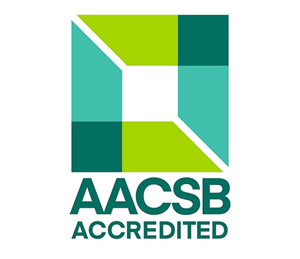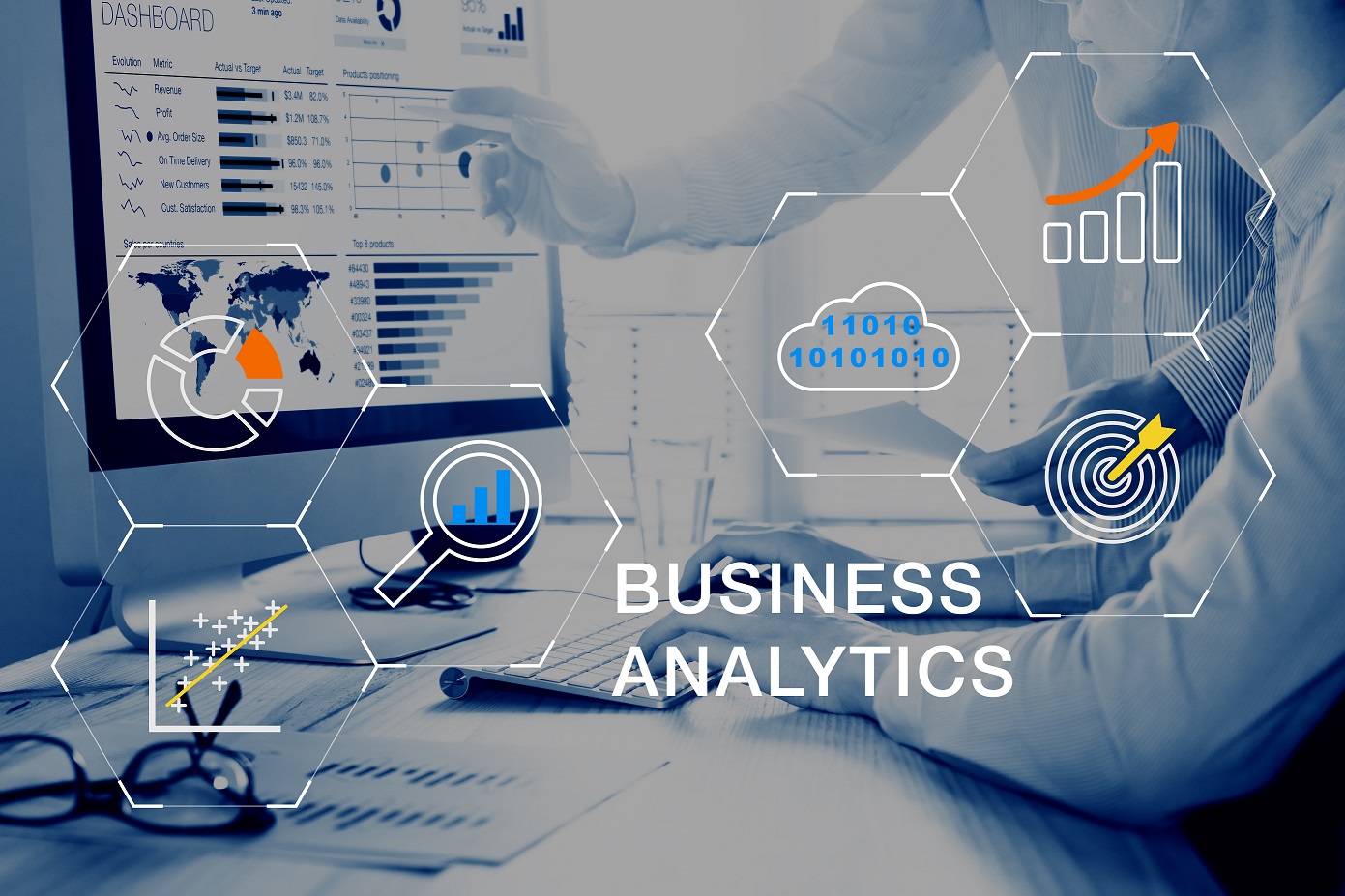Business Analytics

The Business Analytics program offers a Bachelor of Science in Business Analytics.
In today's digital age, businesses are collecting large amounts of data. Business Analytics professionals transform Big Data into critical insights for organizations to make strategic decisions. The Business Analytics program enables students to acquire the skills needed to enter a growing profession that is in high demand from employers.
About

Ellen Kraft
The Business Analytics program offers a B.S. in Business Analytics. Our program focuses on developing the students’ mathematics and problem-solving skills needed to succeed as business analytics professionals. Students will learn how to identify business problems and harness data to solve them.
In our program students will discover the power of data visualization, data mining, predictive analytics, and statistical analysis to facilitate making data driven decisions that address current business needs. They will learn how to use business analytics to uncover patterns in data, foresee business trends, identify potential risks of business decisions, and make accurate predictions about the marketplace. Our students will become business analytics professionals who are proficient in using software tools such as Access, Excel, R, and Tableau to analyze data.
We believe that effectively communicating insights from data is as important as learning how to analyze the data. In their courses students will learn how to communicate the information obtained from the data in an understandable way for all audiences. Employers highly value these communication skills as they are critical for successfully implementing data- driven strategies.
Upon completing the B.S. in Business Analytics at Stockton University, our graduates will have learned a comprehensive skill set that is marketable to employers. They will be prepared to seek employment in a variety of organizations.
Curriculum
The B.S. in Business Analytics degree from Stockton University is a Business Analytics degree infused with the liberal arts. We provide students with a rigorous curriculum that combines business courses in accounting, marketing, management with business analytics courses in data visualization and interpretation, database management, predictive analytics, and data mining. Our curriculum offers advanced electives in optimization in business, marketing analytics, supply chain management, information systems, and technology and innovation. Stockton University’s interdisciplinary philosophy also provides students with the opportunity to take elective courses in computer science and computer information systems such as Python, systems design, and computer programming. Our School of Business internship program will help students get practical business analytics experience before graduating.
For highly qualified students, the School of Business also offers an accelerated dual-degree program in which students may obtain an undergraduate degree in Business Analytics and an MBA with a concentration in Business Analytics. The dual degree curriculum can be completed in as little as five years.
Business Analytics Learning Outcomes
- Graduates will apply and synthesize concepts leanred throughout the Business Analytics Program to demonstrate a level of professional competency required of a new entrant into the Business Analytics profession.
- Graduates will be able to perform fundamental business skills in management, finance,
accounting, marketing, and business analytics.
- Graduates will be able to apply current management and administrative practices and theories.
- Graduates will be able to manage the flow of funds within organizations.
- Graduates will be able to organize, record, and report business transactions.
- Graduates will be able to utilize the interrelationships between customers, products, and companies to guide effective decision making.
- Graduates will be able to apply theories and skills of statistical data analysis and management science to support decision-making processes.
- Graduates will be able to diagnose problems in various business situations, gather and analyze relevant information to understand the problems, and select and implement appropriate solutions, and evaluate outcomes.
- Graduates will be able to demonstrate ethical reasoning by recognizing moral dilemmas, analyzing their effects on stakeholders, and applying ethics theories to determine alternative solutions to those dilemmas.
- Graduates will be able to communicate effectively in a professional environment.
- Oral communication: Graduates will be able to deliver information in a persuasive, logical, and organized manner with a professional demeanor using appropriate visual aids.
- Written communication: Graduates will be able to create informational, analytical, and technical documents that are organized and concise, and incorporate credible sources.
- Graduates will be able to work effectively with various stakeholders in increasingly
diverse and global business environments.
- Graduates will be able to interact effectively with team members.
- Graduates will be able to contribute their expertise to collaborative projects.
- Graduates will be able to recognize and implement inclusive and equitable business practices in diverse business environments.
- Graduates will be able to use technology to support performance in varying business
situations.
- Graduates will be able to select and use appropriate technology to gather, analyze, and interpret data to solve business problems.
- Graduates will be able to adapt to emerging technologies.
- Graduates will be able to identify ethical issues related to the use of technology and data, including privacy and security.
Curriculum Information
Fall 2025 - Spring 2026
Fall 2024 - Spring 2025

Faculty

Hyeoncheol (Charlie) Baik


Ellen Kraft

Behnam Tavakkol


Careers
Graduates with a B.S. in Business Analytics from Stockton University can expect to work in the following occupations:

- Management/Business Analyst
- Data Analyst
- Supply Chain Analyst
- Operations Research Analyst
- Market Research Analyst
- Purchasing Analyst
- Consultant
One of the primary reasons I enrolled into Stockton was to enter their Accelerated Dual-Degree Master of Business Administration program. Despite exploring concentrations and narrowing my field of study, I was confident that the faculty and personnel available would give me all the resources necessary to assist me with making an educated and informed decision. Immediately after declaring my concentration in Business Analytics, I knew I made the right decision.
Professors’ constant dedication to the subject area provided engaging lessons both daily and throughout the course of the semester. Classes were exciting and enjoyable, while simultaneously pushing me to expand my knowledge base and grow as a student. Not only are the Business Analytics staff members enthusiastic, but they are also compassionate and do all they can to see their students succeed. The Business Analytics staff makes sure to personalize subject matter and provide real-world scenarios to ensure all students understand. Ultimately, the Business Analytics Program staff members were the key to my success at Stockton.

Dual Degree Student - MBA/Business Analytics


